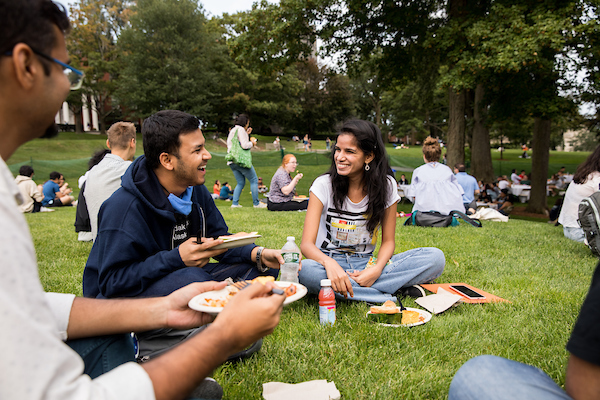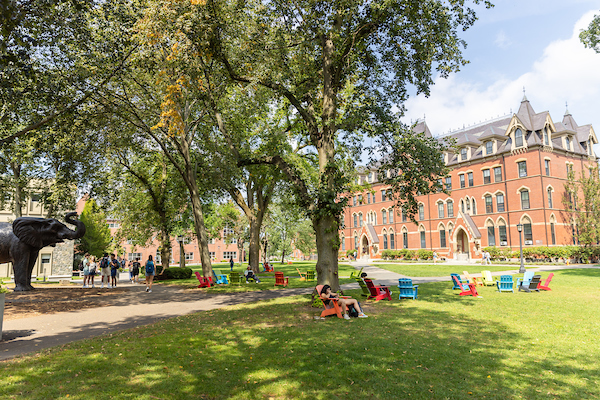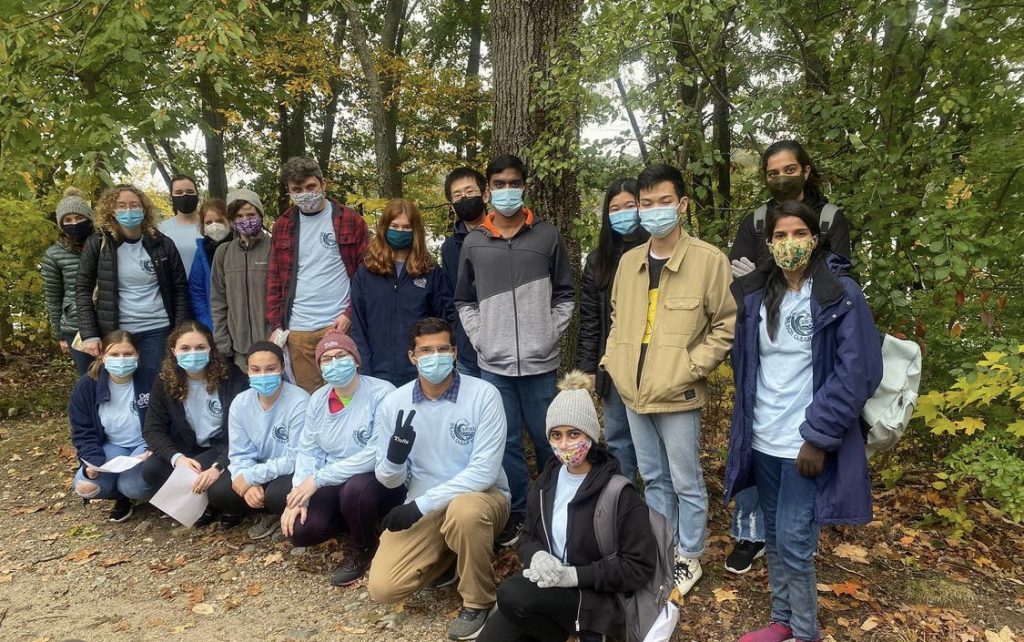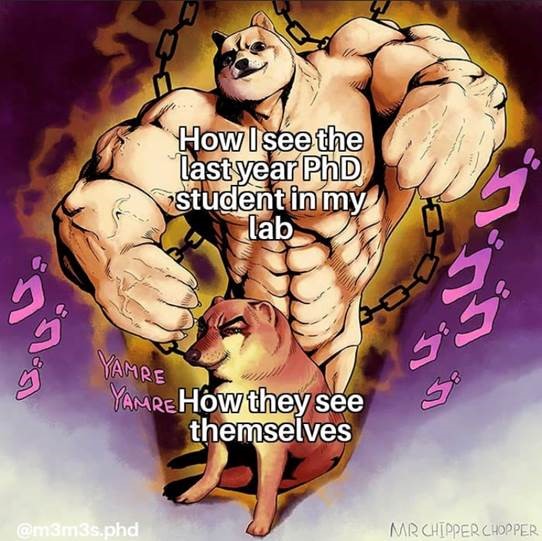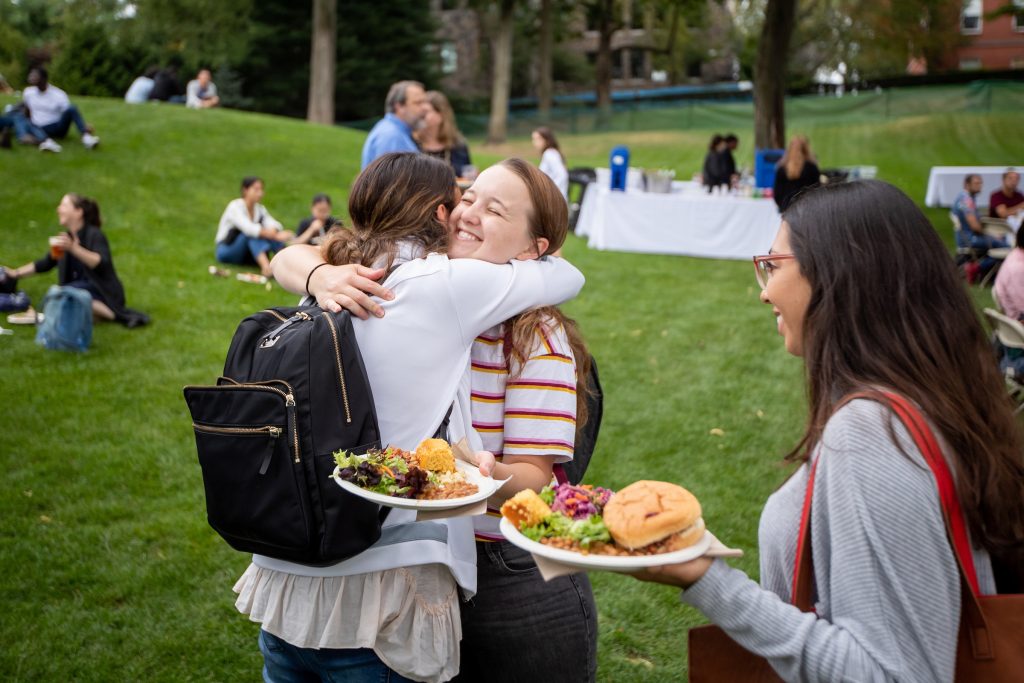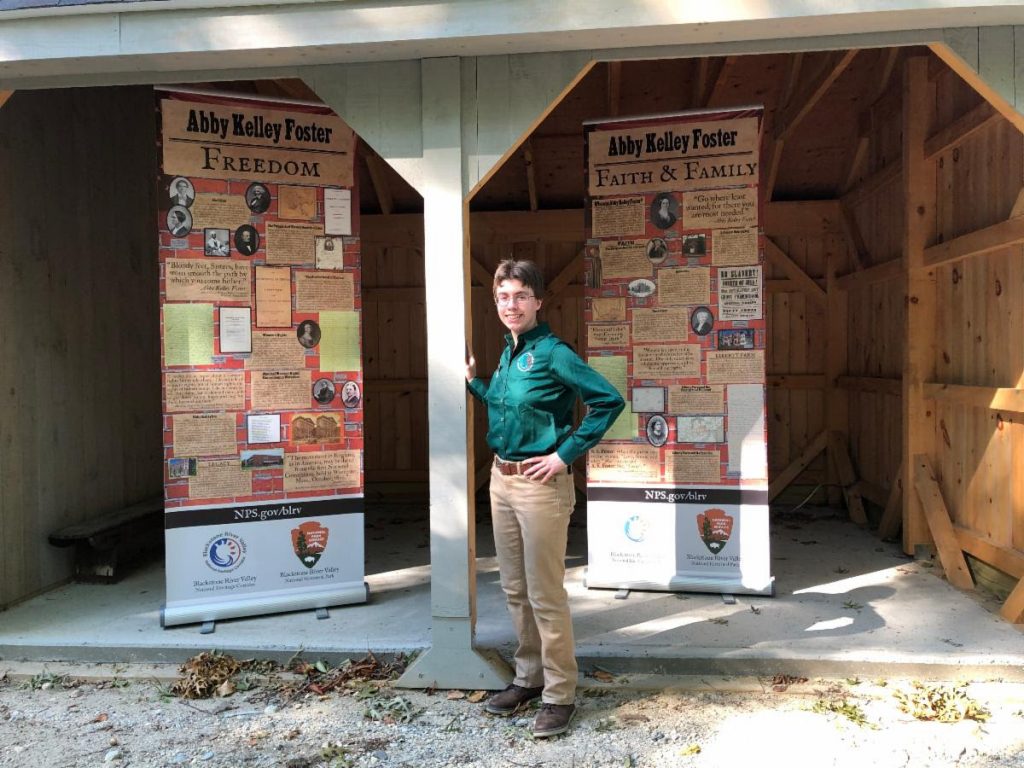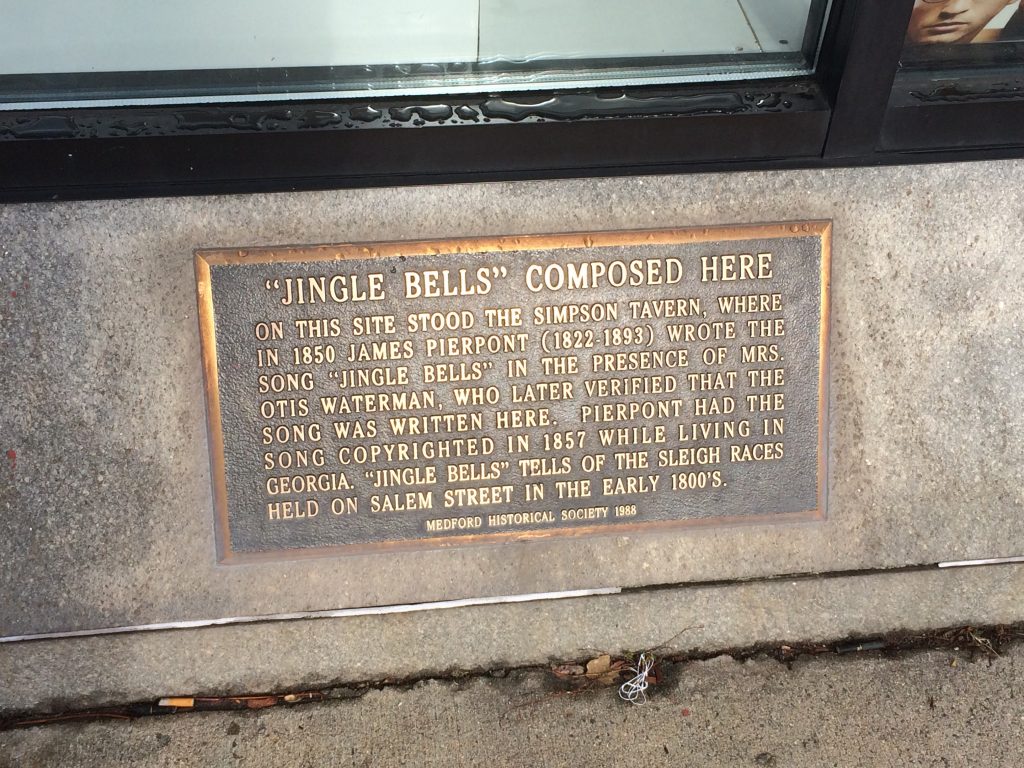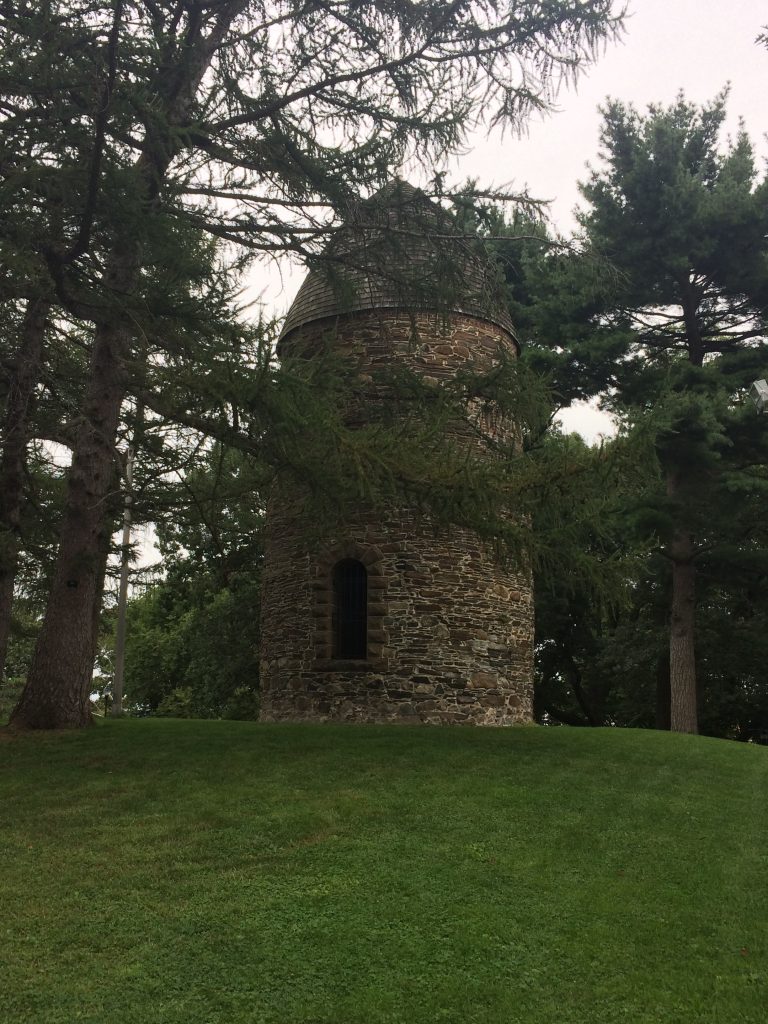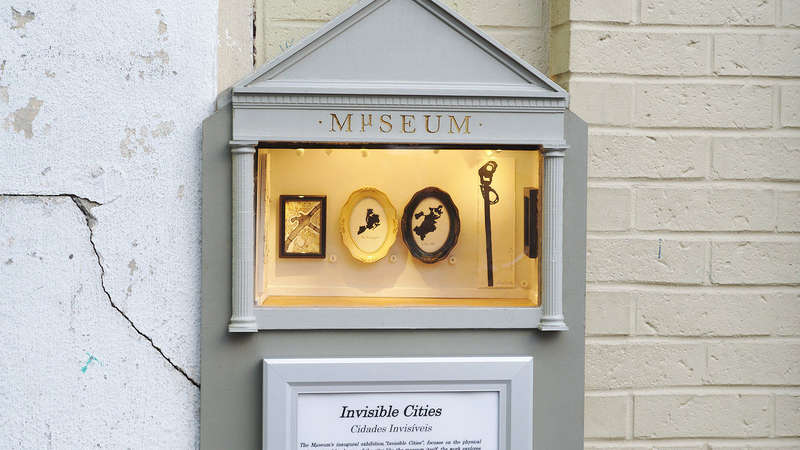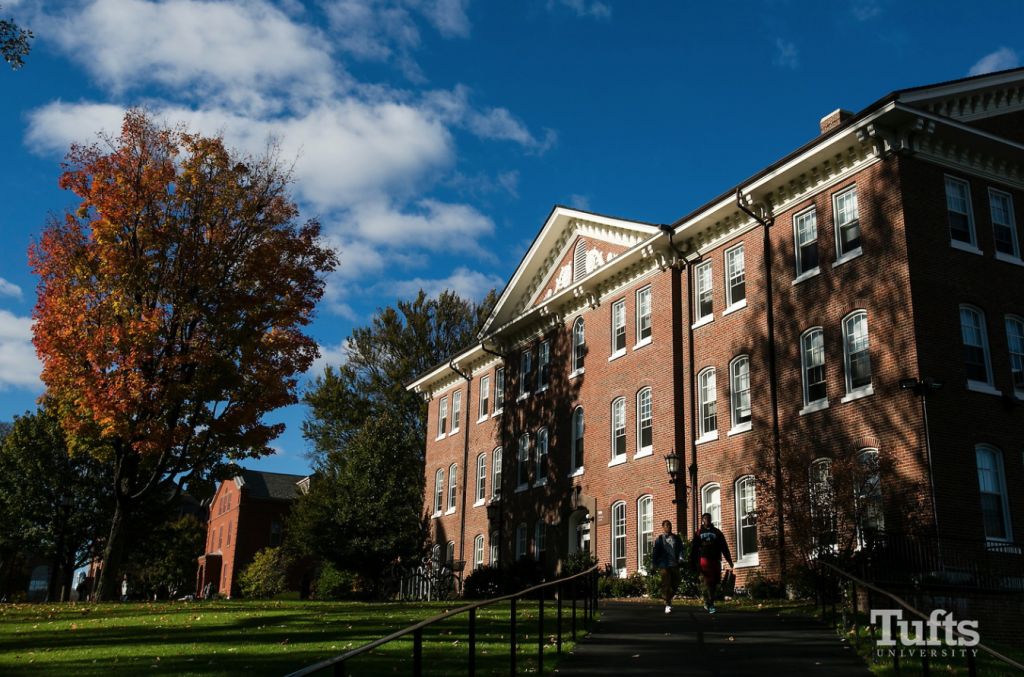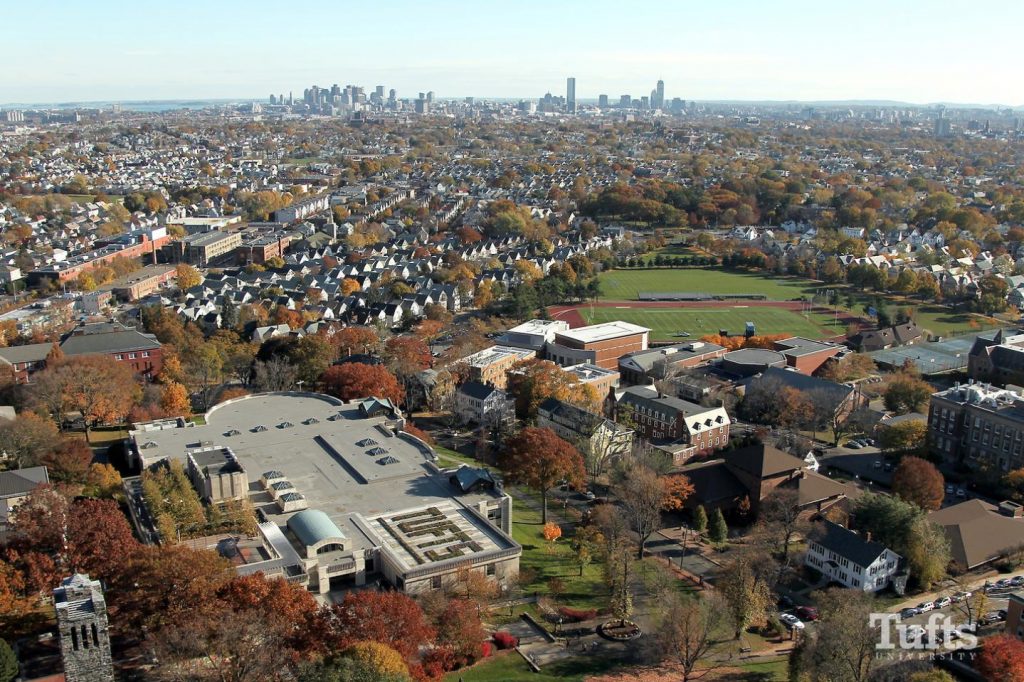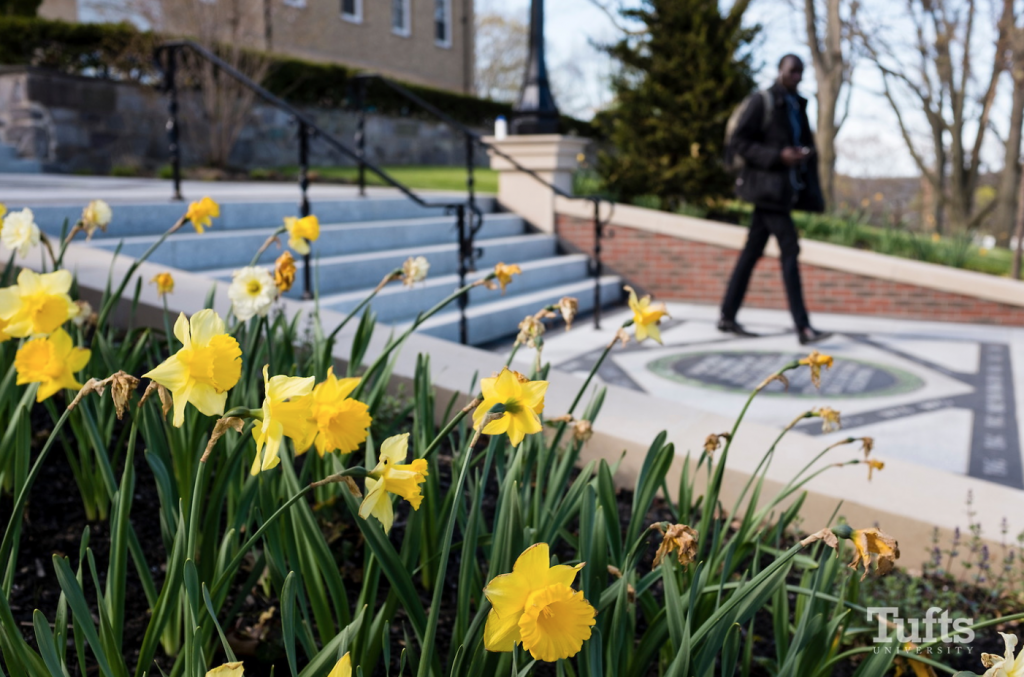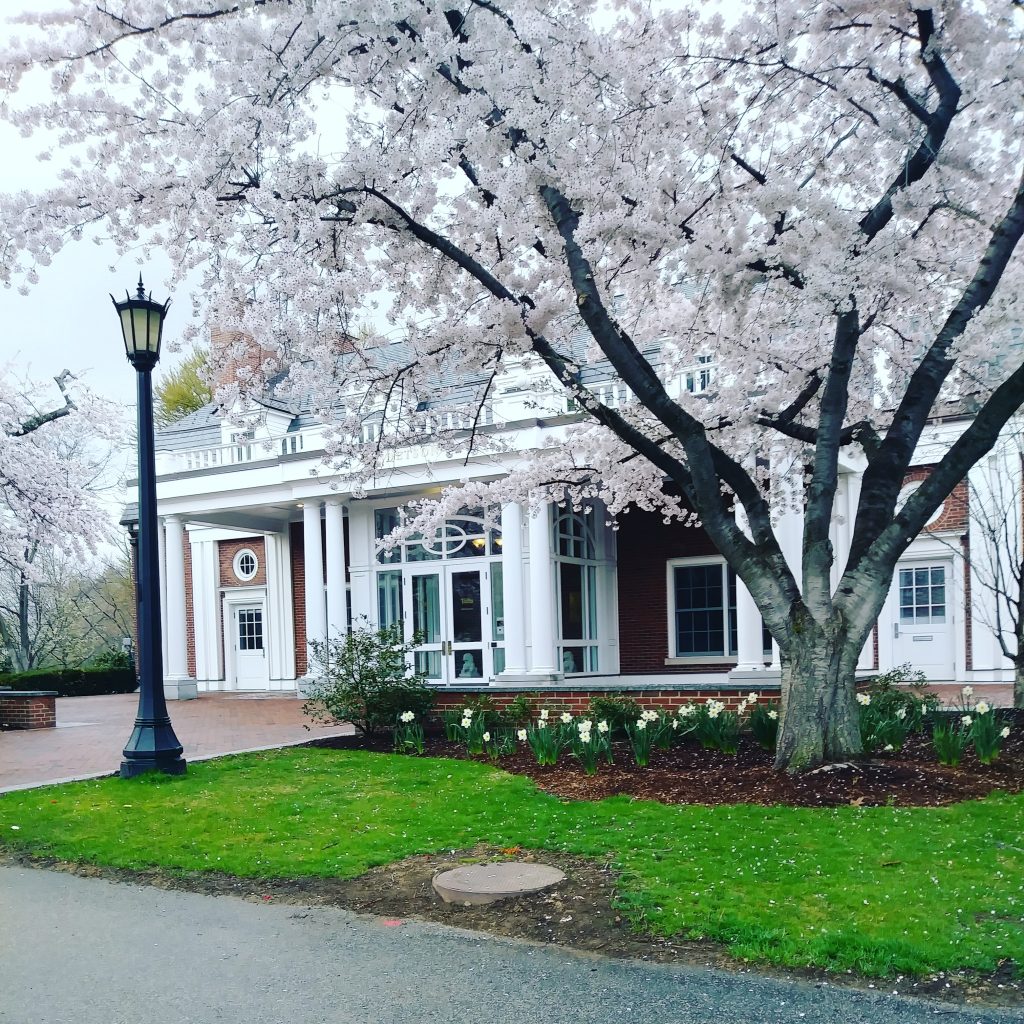Madeline Zarro, Occupational Therapy doctoral candidate

If you’re reading this as a newly accepted or prospective student of the Tufts Entry-Level Doctorate of Occupational Therapy, welcome! We’re excited to get to know you. My name is Madeline Zarro, and I’m currently finishing the final semester of my first year in the Tufts OT program. Having recently experienced the transition into graduate OT studies myself, I wrote this article to give you a sense of what to expect upon arrival.
Your first semester at Tufts will occur over the course of two summer sessions, and you’ll take a total of three courses: Anatomy, Neuroanatomy, and Occupational Therapy Foundations. Though you won’t have class every day (at maximum, you’ll attend courses three days a week), this first semester is known for being fast-paced and academically rigorous. That isn’t to say that it’s not enjoyable—it is! The summer of your first year offers plentiful opportunities for connection and exploration.
Here are five suggestions to help you effectively engage with your coursework, all while making the most of what your new community has to offer:
- Use studying as an opportunity to explore.
Whether you prefer to stay local to Tufts or venture out to Boston, your options for intriguing new study spots are virtually limitless. Medford and Somerville have abundant cafes, restaurants, parks, and libraries. Middlesex Fells Reservation is easily accessible by bus, and can be a relaxing retreat for those who don’t mind studying outdoors—just pack a picnic blanket and your flashcards! With most people off campus for the summer, you’ll find available seats and whiteboards in nearly every academic building; moreover, exploring campus is a great way to start to feel at home at Tufts. Check out past blog posts and Joyraft’s The Boston Calendar to find your first destination. Or, wander out and find it on your own!
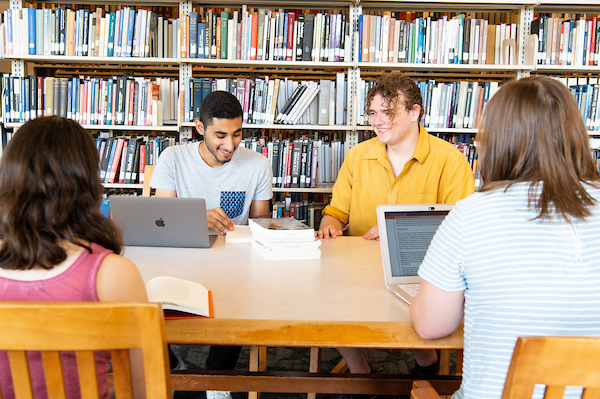
- Organize a meal with new friends.
We all know the feeling: you’ve got a looming deadline, an intimidating amount of material to study, and though there are a million things you’d like to do, you can’t seem to make time to do anything else but study and eat. That’s okay—you’re not in this alone! Cooking a group meal with new friends from your cohort is a great way to relieve stress and make connections while still staying on track with your studying. Many hands make light work when it comes to cooking, and you can help each other study over the meal you share.
- Incorporate your interests.
You’ll be asked to learn a lot of material over the course of the summer, and to spend a great deal of time outside of class reviewing it. Finding creative ways to interact with the content can make a world of difference when you feel bored or burnt out, as well as boost your retention of information. As someone who loves to make art, I’ve found that I can always motivate myself to study when I use a nice set of pens. I taught myself the blood vessels of the heart by painting them in watercolor. This was a refreshing change of pace from my hundreds of flashcards! I highly encourage trying this for your own interests. Create a dance for learning the bones, practice muscle actions while working out, or write a story about nerve tracts as if they were people. Don’t be afraid to try something silly—you’re more likely to remember the information that way!
- Take advantage of free & discounted experiences offered by the Graduate Student Council & local libraries.
Study breaks are important for both learning and wellbeing, so make sure you take them! Here at Tufts, we have a wonderful team of people (called the GSC) dedicated to enriching your time at graduate school with new experiences and friends. They organize frequent experiences perfect for new arrivals to the area. I was able to meet other new graduate students on a Duck Boat tour of Boston for only $5. Opening a free library card at the Somerville and/or Boston Public Libraries is also a great way to access new experiences. Your library card allows you to reserve free or discounted tickets at museums, the aquarium, and several other destinations.
- Reach out within the program.
It can feel daunting to ask for help during your first semester at graduate school. Many of us feel that we need to prove ourselves, or don’t know who to go to when assistance is needed. Luckily, you’re entering a profession of people who have made it their life’s work to help others and to promote accessibility. Tufts OT is a community, and we’re happy to support you as you adjust to graduate school! You’ll be assigned a peer mentor from the second-year cohort (we call this a SOTA buddy, since the partnership is made by the Student Occupational Therapy Association). You’ll also have Graduate Assistants in your summer classes, and an academic advisor from the beginning of the program. Each of these people will be happy to help you—whether that means academically, socially, or otherwise.
I hope this was helpful. I can’t wait to see you on campus!
PS– for a peek ahead into the second year in the program, check out this Instagram post from the OT department.

